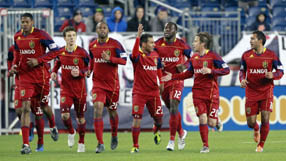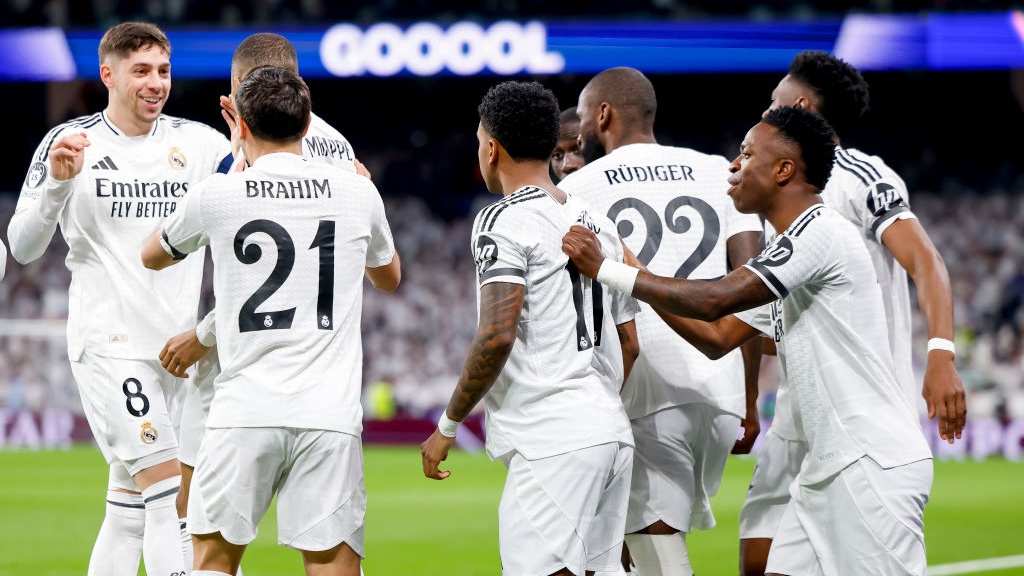Real Salt Lake look to take step into unknown
MIAM - Major League Soccer's Real Salt Lake can become the first North American team to play in the Club World Cup if they can overcome Mexican champions Monterrey in the CONCACAF Champions League Final.

The team from Utah, who play the first leg of the final on Wednesday, were founded seven years ago and won the title in 2009 and have impressed with crisp passing and high possession style of play.
No MLS team has made the final of the regional competition for North America, Central America and the Caribbean since the tournament switched from a straight knockout format in 2008, however D.C. United and the L.A. Galaxy both won the old Champions Cup.
Back when those triumphs came, however, there was no place for the region's clubs in the FIFA Club World Cup.
It is a different story for Mexican clubs as four of the last five CONCACAF finals have been all-Mexican affairs and the three most successful clubs in the competition are Mexican.
Added to that, MLS teams have an awful record on Mexican soil, where Wednesday's opener takes place. In 24 appearances in official competition, the North American league's represenatives have lost 21 times.
But Real, coached by the highly-rated 38-year-old Nebraskan Jason Kreis, showed in an impressive semi-final two-legged win over Costa Rica's Saprissa that they can handle the pressure of trips south of the border.
"I don't think we are afraid to come in here. We were the underdogs before and we know what it is like to come into an environment and not expect to win or pull a result," said Salt Lake goalkeeper Nick Rimando.
Get FourFourTwo Newsletter
The best features, fun and footballing quizzes, straight to your inbox every week.
"There is nothing that says we can't go in in there and get a result. We don't have to win but getting a result would be good for us."
The aim for Salt Lake will be to cope with the attacking threat of a Monterrey side that includes Chilean World Cup forward Humberto Suazo and return to Utah next week with a scoreline that gives them a chance.
Kreis's approach to the game has been a breath of fresh air in a league where many teams are too generous with possession and rely instead on hard running and moments of inspiration from their forwards.
The Barcelona-inspired tactics Kreis has imposed on Real, which includes a number of Central and South American players such as Costa Rican forward Alvaro Saborio and Argentine playmaker Javier Morales, give his team a chance of keeping Monterrey at bay.
"Some of the best defense you can have is to be good on the ball. I think it's going to be critically important when we have the ball we need to recognize we need to keep it for long stretches," said Kreis.
"We need to be very mindful of not giving it away cheaply because when you play an opponent as talented as Monterrey they will punish you for that."
